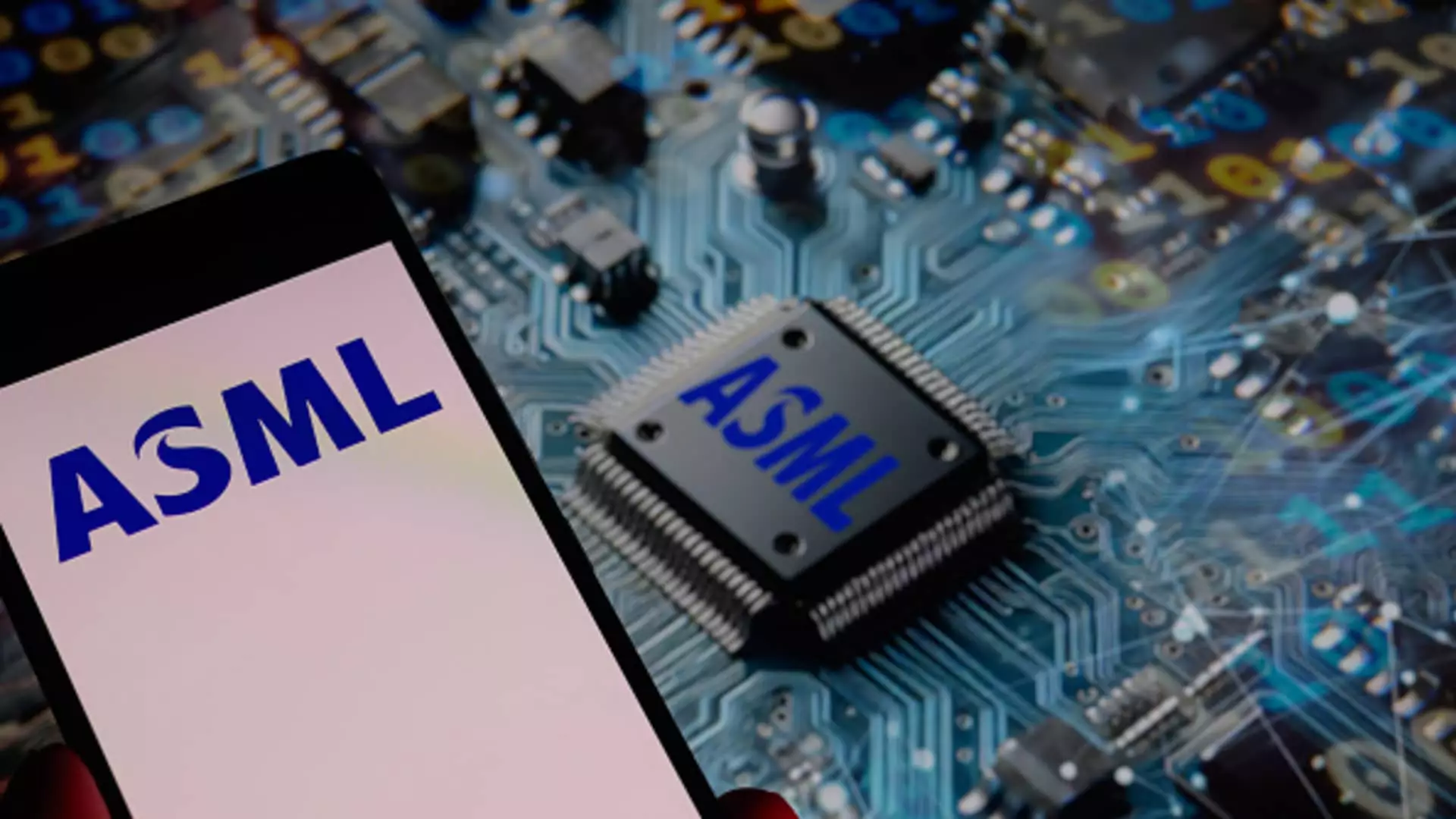The Dutch government recently announced the expansion of export restrictions on advanced semiconductor manufacturing equipment, with more of ASML’s machines falling under these curbs. This decision was made in the interest of national security, recognizing the increased security risks associated with the export of such manufacturing equipment. Reinette Klever, the minister of foreign trade and development for the Netherlands, highlighted the importance of these restrictions in the current geopolitical context.
The introduction of these export restrictions has significant implications for international trade and global value chains. The Dutch semiconductor industry, particularly ASML, plays a crucial role in producing advanced chips. ASML manufactures two types of tools – extreme ultraviolet (EUV) lithography machines and deep ultraviolet (DUV) lithography machines. The expanded restrictions will require companies to obtain a license from the Dutch government to export these machines, potentially disrupting global trade flows.
The move to expand export restrictions on semiconductor manufacturing equipment by the Dutch government comes in the wake of similar actions by the United States. Washington has been actively pressuring countries like the Netherlands to tighten export controls on key chipmaking tools, following the introduction of sweeping rules aimed at limiting exports to China. ASML’s critical role in producing advanced chips has made the Netherlands a focal point for such policies, with the US seeking to align allied countries in ensuring stricter export regulations.
The advancements in technology have led to heightened security risks associated with the export of semiconductor manufacturing equipment. Given the critical role that ASML plays in the production of advanced chips, the Dutch government views these export restrictions as essential in safeguarding national security interests. With the evolving geopolitical landscape, governments are increasingly prioritizing the protection of sensitive technologies through stringent export regulations.
While these export restrictions may pose challenges for companies involved in the semiconductor industry, the Dutch government emphasizes the need for compliance. The government has proceeded with a careful and targeted approach to minimize disruptions to global trade flows and value chains. By delineating specific requirements for the export of semiconductor manufacturing equipment, the Netherlands aims to balance security concerns with the need for international cooperation in the semiconductor industry.
The expansion of export restrictions on semiconductor manufacturing equipment by the Dutch government underscores the growing significance of national security considerations in international trade. ASML’s pivotal role in producing advanced chips has amplified the need for stringent export controls to mitigate security risks. As countries navigate the complex landscape of technological advancements and geopolitical tensions, the imposition of export restrictions on critical technologies like semiconductor tools reflects a broader trend towards safeguarding sensitive technologies in an increasingly interconnected world.


Leave a Reply